So, what should you do when your child makes an inappropriate joke in public? Here’s my simple three step process:
Step 1: Look for a giant hole in the ground. If there isn’t one, pray for it to appear.
Step 2: Enter aforementioned hole.
Step 3: Cower in hole until no one remembers you ever existed.
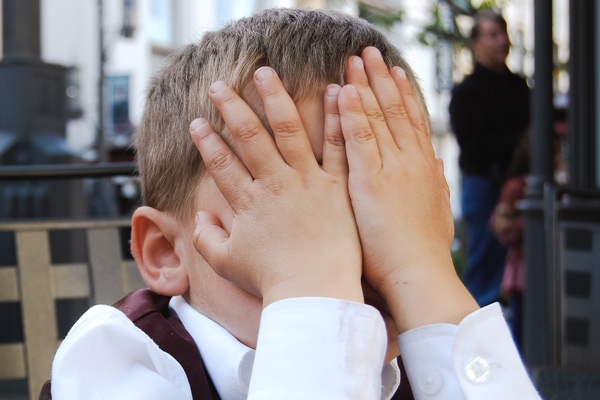
All jokes aside though, we’ve all been there. Sometimes “Kit,” my six-year-old, is joking around and he says things that he’s overheard or made up and it’s not necessarily bad speech but it’s rude or indecent in some way. So what do you do when your child makes an inappropriate joke in public? And why is it that kids always have a knack for doing this at the most embarrassing times and situations?!
**Cue Awkward Silence While I Search For a Hole in the Ground to Crawl Into.**
Keep Calm and Change the Subject ASAP
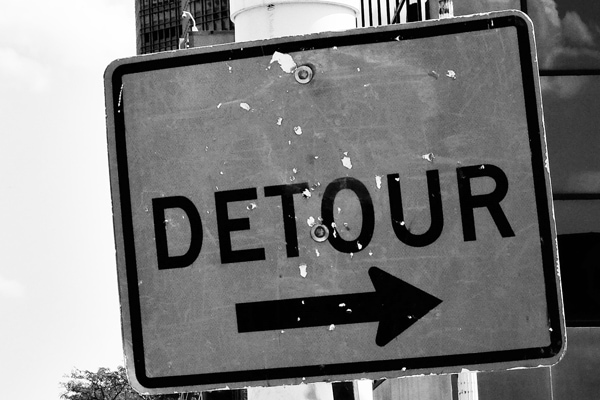
It’s important not to freak out when this happens because children are basically just trying to learn, through practice, how to navigate socially through humor. What adults might not realize is that humor is highly nuanced, and while we take for granted the fact that we know what types of jokes are appropriate in certain situations or with certain audiences, kids have yet to learn this. Actually, some adults have yet to learn this, so maybe we can all appreciate how hard it is!
The best thing you can do is gently tell your child, “We don’t talk that way, it’s inappropriate,” and change the topic of the conversation as soon as you can. You might feel tempted to correct them right away in order to save face in front of the other people you’re with. Bad idea.
For one thing, it might prompt your kid to ask a series of follow up questions or make additional comments that might be more mortifying than the original thing he said. (Not that I’m speaking from experience…)
Secondly, you want to preserve your child’s dignity in front of others. If you are harsh with them in public, you could embarrass them, causing them to lose confidence in future social interactions. Or, worse, they might just keep saying it, but when you’re not around!
Correct Your Child in Private
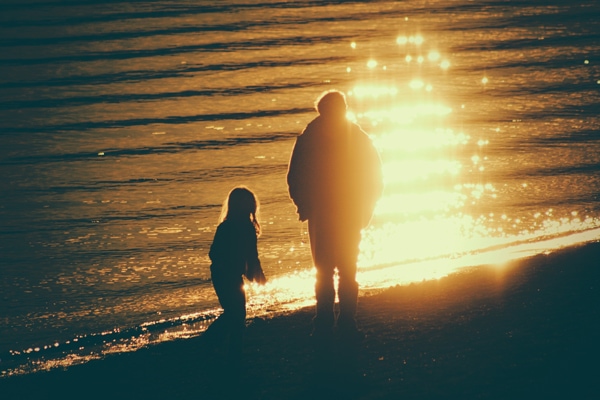
When you are alone with your child, you can fully address what they said and why it was inappropriate. Children need to understand why certain things are unacceptable so that they can get a better idea of how to navigate social conversations with more confidence and awareness. You can try to simplify it as best as you can, but you’ll often find that children understand more than you think they can.
Sometimes, I will address the situation at bedtime. I might start with a fictional story about someone else making a similar mistake and then tie it in with the incident that happened. I also try to start by telling my child something positive he did that day and then gently correcting what he said that was inappropriate: E.g. “It’s great that you tried to include the younger kids in your game today. A good leader tries to make everyone feel included. But, you know, a leader needs to choose his or her words very carefully. Let’s talk a little bit about what happened this afternoon…”
I also make my expectations clear in a gentle way: “Look, you didn’t know this before, but now, you know that it’s not a nice thing to say. I know you’re a good kid, so you won’t say anything like that now that you know it’s wrong.” This way, the child is put at ease that you understand that they didn’t mean to be rude. However, at the same time, he or she knows that moving forward, they will be held accountable for their speech.
Accountability Starts With You
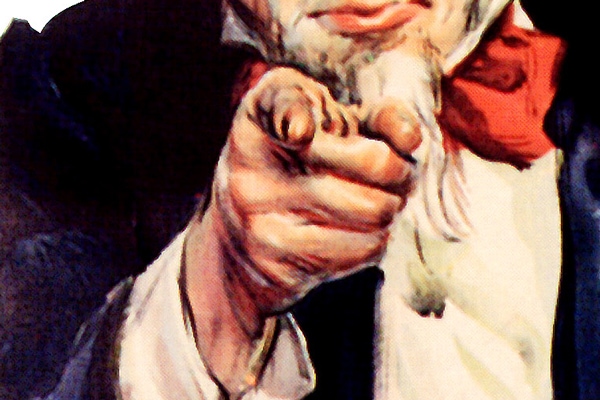
When your child makes an inappropriate joke, look at it as a wake up call. Your child is a product of his environment, and if he is saying something that you don’t like, either he learned it from you or from something you allowed him to be exposed to. We need to be more conscious of our speech and how we use it, especially when it comes to humor.
It seems like every month or so there’s a new scandal where some public figure is being called to account for something that they said or posted on social media (usually in an inappropriate attempt at humor). And there seems to be no statute of limitations on this: some had to apologize for things they said or did years ago and had probably forgotten about.
In September of 2019, Justin Trudeau was put under fire when a photo surfaced of him wearing brownface makeup 18 years ago. This was at a time when he was a teacher at a private school and his political aspirations (if he had any at the time) were barely embryonic. Not only did it come back to haunt him at a crucial time during his re-election campaign, he was also forced to admit to another embarrassing incident from his past: He wore blackface makeup and sang “Dayo” at a high school talent show.
Are we all cringing from that visual or is it just me?
The lesson that I’m learning from all of this and what I’m trying to teach my son is this: Do not say anything that you would be ashamed to read on the Day of Judgement.
Let’s turn the lens of scrutiny away from others and put it back on ourselves. If rereading something I posted on social media a few years ago is making me wince with regret, how is it going to feel when I’m faced with the entirety of my speech, both public and private?
The Prophetic Way
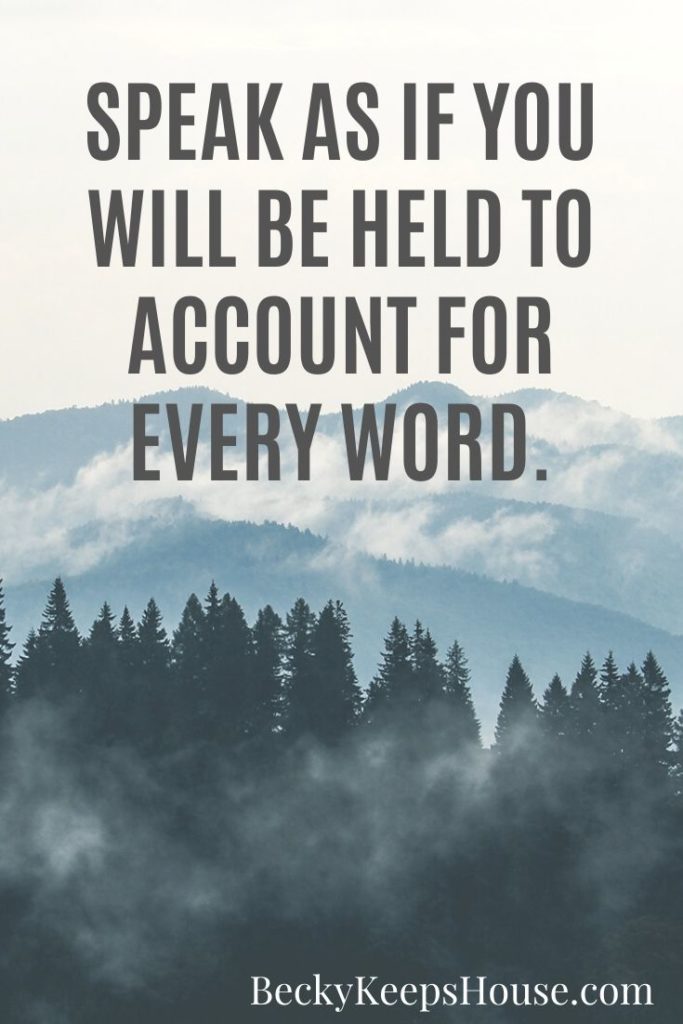
A world in which we are more conscious of our speech doesn’t mean a world without humor: the Prophet Muhammad (SAW) and his companions would joke and play pranks on each other, but it never crossed the line into indecency and there were never any hard feelings afterwards. It was humor used responsibly for its best purpose: to bring people together and to lighten the hearts.
A man said to Sufyaan ibn ‘Uyaynah (may Allaah be pleased with him), “Joking is not right, it is to be denounced.” He replied, “Rather it is Sunnah, but only for those who know how to do it and do it at the appropriate time.”
-Islam QA article “Conditions of Permissible Joking”
A Resolution to Be Intentional

I realize that this started out about what to do when your child makes an inappropriate joke, yet seems to focus more on you, but that’s entirely the point. Children learn more from your example than they do from what you say, so the onus is on you to model appropriate behavior.
I know this is a time when people are thinking about making changes in their lives, and I would ask us all (myself included) to make the change of being conscious and intentional with our speech. Freedom of speech is a privilege that many don’t have, so use it responsibly. Don’t just speak for the sake of speaking, but consider the consequences of what you say before you release it into the world.






Leave a Reply